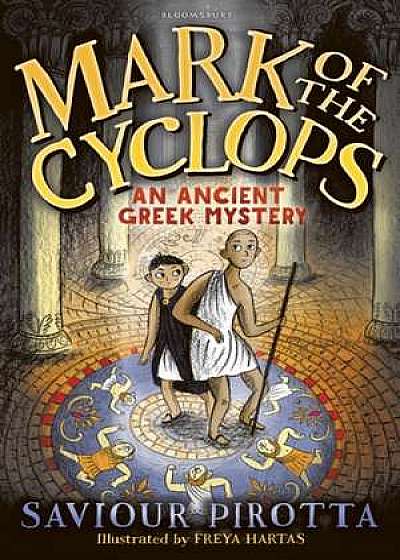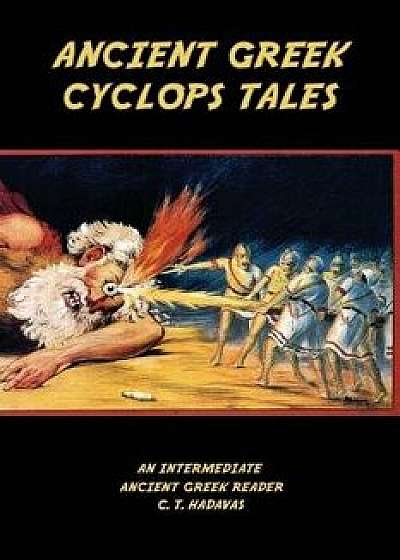
The Cyclops Case: A Judge Marcus Flavius Severus Mystery in Ancient Rome, Paperback/Alan Scribner
Descriere
Description Judge Severus returns in "The Cyclops Case." The year is now 161 CE, three years after the events in the highly acclaimed and best selling historical mystery "Mars the Avenger." The philosopher emperor Marcus Aurelius has been emperor for only a few months and Persia has invaded the Roman Empire. Marcus Flavius Severus, Judge in the Court of the Urban Prefect in the City of Rome is on vacation at the Bay of Naples with his family. This is the ancient Roman riviera, the Crater, famous for combining rampant pleasure-seeking and high culture with license and corruption. There, one night on the beach, the notorious General Cyclops, who is slated for recall to the army, has been stabbed through his good eye. Severus is assigned by the authorities in Rome to investigate. The Cyclops case launches Severus into a web of murder, robbery and counterfeiting, ranging in time from the Second Jewish Revolt 30 years in the past to Severus' present. It also puts him in the middle of an espionage duel involving the Roman and Persian secret services and leads to a series of killings which, like General Cyclops', are reminiscent of scenes out of Homer's Odyssey. Ironically, solving a murder leads to more murders to solve. As in "Mars the Avenger," "The Cyclops Case" is both a mystery and a daily life of ancient Rome, a sojourn into the world of Roman life and courts, police and criminal law. The investigation takes Severus and his aides into the society of Romans at their leisure. Scenes are set, among other places, in wealthy summer villas, a gambling hall and a brothel at the Crater to a bookstore, tenement apartment house and secret service headquarters in Rome. There are also scenes in Roman courts and the book is accurate as to the criminal laws of the time. All laws, rescripts and legal procedures are derived from Roman law sources, which are extensive for the 2nd Century CE. About the author Alan Scribner, a graduate of the University of Pennsylvania and Yale Law Schoo





